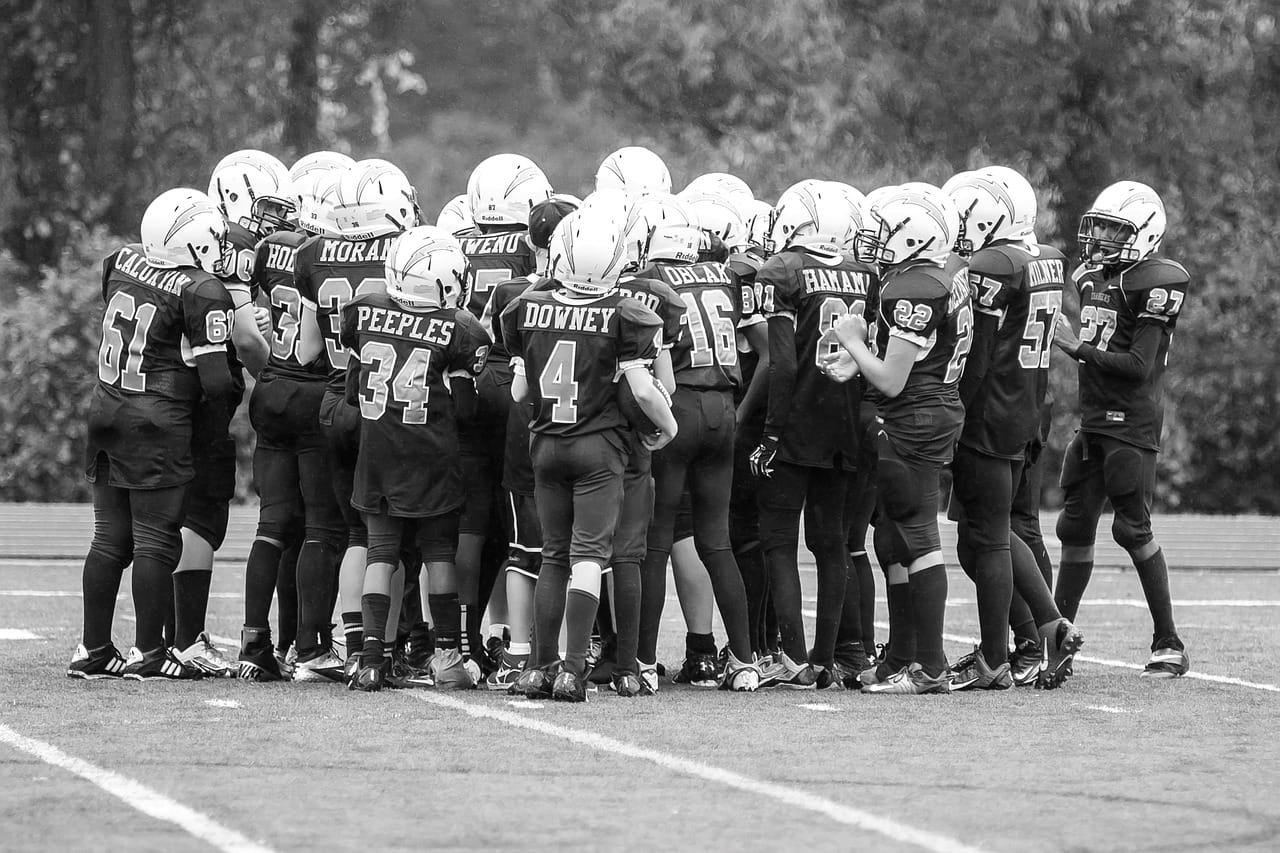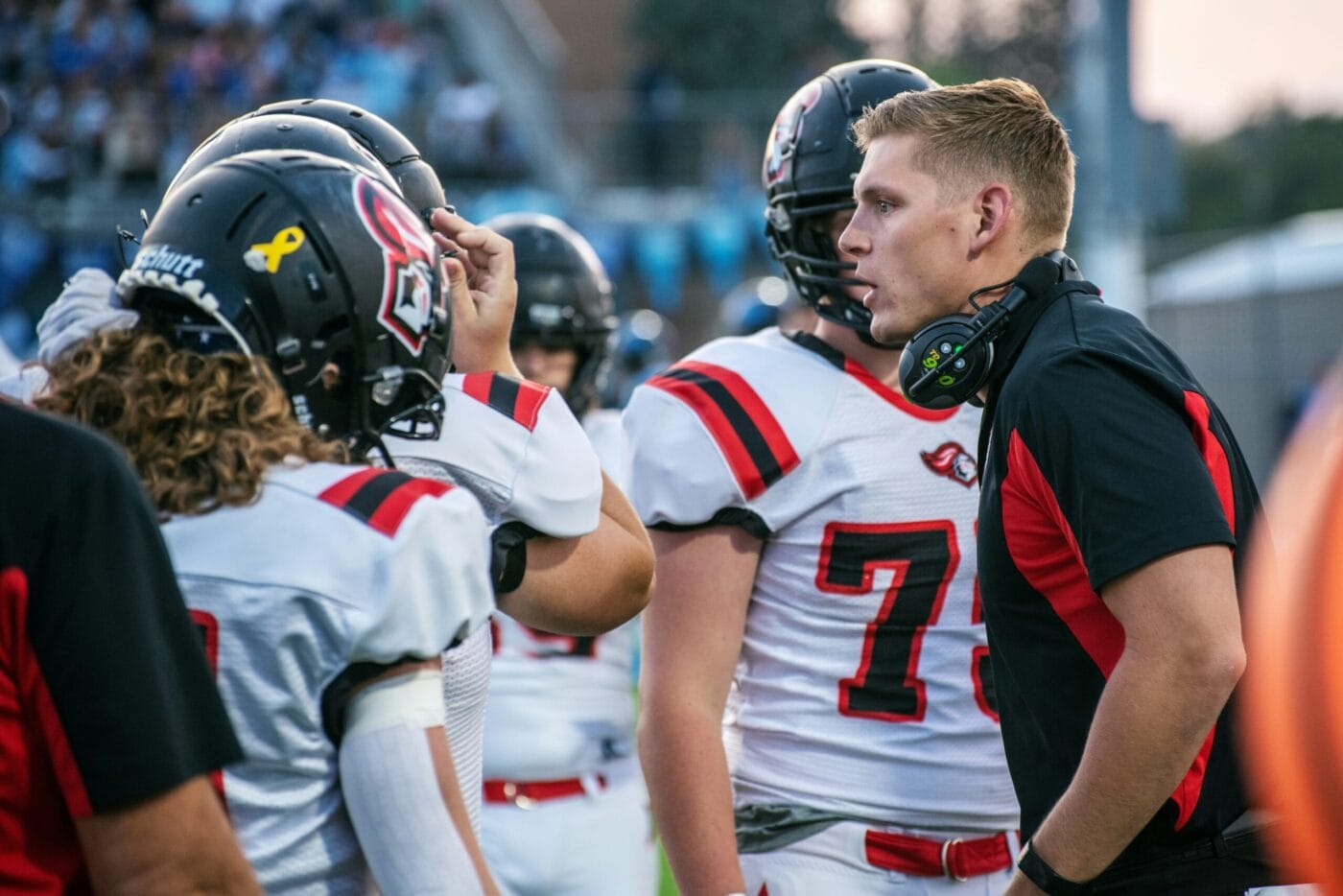
Self confidence is a very fragile thing. It can be here today and gone tomorrow before we even realize what or why it happened. We are often told to believe in ourselves, but that’s not always easy. Doubting ourselves can seem like the easier option—and for many, it’s a daily struggle. Overcoming self-doubt is influenced by two major factors: our self-talk and how we compare ourselves to others. Both are essential topics, but this post will focus on comparisons and how they shape our self-view and, ultimately, our self-confidence.
Self-View Dictates Self Confidence
As people, we spend too much time comparing ourselves to others. Whether it’s playing a sport, working out at the gym, giving a speech, or just about any activity, we often measure ourselves against others. And even if we’re not actively doing it, someone else might be doing it for us. To make matters worse, we tend to focus on others’ strengths while overlooking our own.
It’s important to remember that we are all human—we each have strengths and weaknesses. In sports and life, our goal should be to let our strengths shine. For coaches and managers, the challenge is to align individual strengths into a cohesive, functioning team.
Outward Comparisons Shape Our Self-View
How we compare ourselves to others has a significant impact on our ability to let our own strengths shine. When we focus too much on what others can do, we risk losing sight of our unique abilities.
Example 1: The Basketball Player
Imagine a top basketball player from a local team who is invited to play on a travel team. During the first game, the player seems hesitant and less intense than usual. His playing time decreases, not because of his ability but because of how he processes comparisons. He’s no longer the standout player but one of many talented teammates. This internal comparison affects his confidence.
To overcome this, the player needs to focus on his strengths—tenacity and speed—and let those qualities shine while working to complement the strengths of his new teammates.
Example 2: The Golfer
Consider a golfer paired with a newcomer during a local tournament. On the first tee, the newcomer out drives her by 50 yards. This could easily trigger self-doubt, which might derail her entire round. By dwelling on her shortcomings, the golfer risks losing sight of what she does well. Instead, she should focus on leveraging her strengths to compensate and remain competitive through the final hole.
Strengths Drive Our Self Confidence
We all have strengths and weaknesses. Our daily performance depends on how we process both our own abilities and those of the people around us. Success comes from maximizing our strengths and minimizing our weaknesses. In other words, play to your strengths. Winning isn’t guaranteed, but life is about showing up, learning, and staying in the game.
Drill Your Weaknesses, Perfect Your Strengths
Recognizing your strengths and weaknesses is the first step toward growth—both as a competitor and as a person. Without this self-awareness, improvement becomes difficult. As athletes and individuals, we should always work to minimize our weaknesses while ensuring our strengths remain sharp. Focus on drilling your weaknesses and perfecting your strengths. Then, show up ready to give your all—every day.
BtL
Subscribe to our email list to get our content direct to your inbox!
Follow us on Facebook, Twitter and Instagram
To learn more about Ball to Life and our mission, click here.


Pingback: Self Confidence – Power of Self Talk - Ball To Life
Pingback: Self Confidence – Power of Practice - Ball To Life